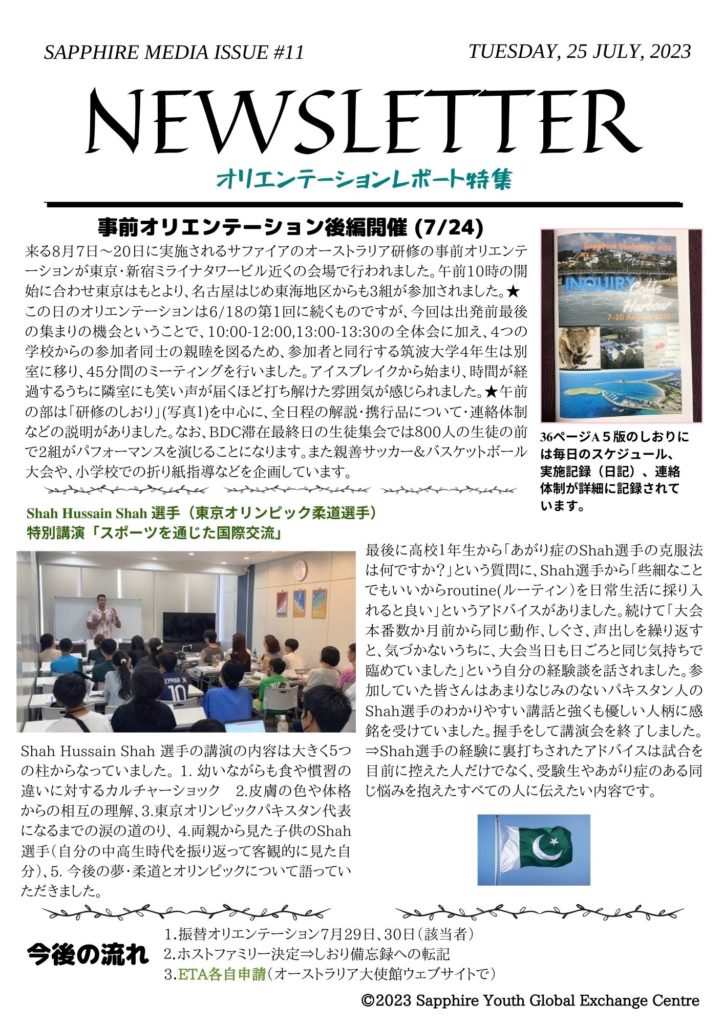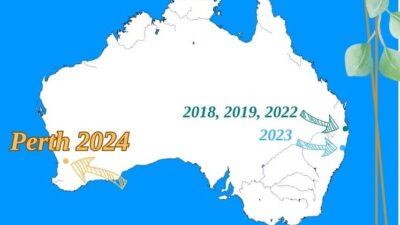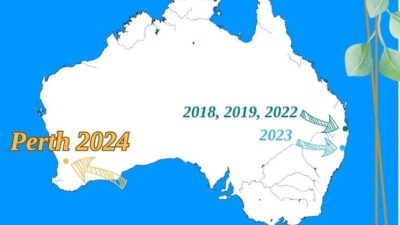 (English follows Japanese)
(English follows Japanese)
近年、越境学習に注目が集まっています。「越境入学」とは全く違います。
それでは、越境学習とはどのようなもので、なぜ注目されているのでしょうか。
また、越境学習を実施することには、どのようなメリットがあるのでしょうか。
越境学習とは?
所属する学校やグループの枠を越えて、外部で学びを得ることをいいます。
越境学習は一時的な活動であるため、生徒本人は元々所属している学校に籍を置いたまま行います。一つの学校やグループにいるのみでは、その学校・団体・組織の中での価値観や視点しか知ることができません。それが私立の伝統校ともなると6年、あるいはそれ以上、自校の校風以外の風に触れることはありません。所属学校の外で学びを得ることで、まったく知らなかった価値観や文化の風に触れることができる点が越境学習の大きな特徴です。
ヨーロッパの教育界を中心にこの「越境学習」が現在至る所で行われています。当センターでも日本とリトアニアの小中学生同士がオンラインでスポーツについて話し合ったことがあります。3年前の東京オリンピック前のことです。コロナ後この流れは加速しています。ヨーロッパでは、小学校でも国を越えて数カ国の共同授業や研究が継続的に行われています。日本では考えられませんね。
越境学習が注目される理由とは?
近年、なぜ越境学習に注目が集まっているのでしょうか。
それには、近年の社会構造の変化が大きく関係していると考えられます。
次に、越境学習が注目される背景について説明します。
一人の人間として成長し続ける必要性
現代は「VUCA時代」と呼ばれ、経済を含めた社会全体が非常に慌ただしく動く時代です。
VUCAとは、英語の
Volatility(変動的)
Uncertainty(不確実性)
Complexity(複雑性)
Ambiguity(曖昧さ)
という単語の頭文字を取ったもので、「将来を予測するのが困難な状態」をいいます。
このような時代の中で、学校は社会の動向を敏感に察知し、生徒・保護者の需要に応じて柔軟に変化していくことが求められます。近年日本も変わりつつあるように見えますが、なかなかそういう状況にはなっていません。
社会のニーズに対応していくためには、幅広い視野と、柔軟で独創的な発想を持つことが大切です。
そこで、自校内のみでは得にくい新しい視野や発想力を外部で育てられる越境学習に注目が集まっているのです。その一つの例に短期海外研修があります。
自校内で習得できない知識やスキルを複数の学校の生徒が海外を舞台に学び、新たなキャリアを形成する機会が短期海外研修だと言えます。

Cross-border learning has received a lot of attention in recent years. This is quite different from ‘cross-border enrolment’.
So what is it and why is it attracting so much attention?
And what are the benefits of implementing cross-border learning?
What is cross-border learning?
It refers to learning outside the boundaries of the school or group to which you belong.
As it is a temporary activity, pupils remain enrolled in their original school. If you are only in one school or group, you can only get to know the values and perspectives within that school, group or organisation. If it is a private, traditional school, they will be exposed to no winds other than their own school culture for six years or more. The main feature of cross-border learning is that by learning outside your own school, you can come into contact with values and cultural winds that are completely unknown to you.
This ‘cross-border learning’ is currently taking place everywhere, especially in European educational circles. At our centre, three years ago, before the Tokyo Olympics, we held online discussions about sport between primary and secondary school pupils from Japan and Lithuania. (photo:TOP) After COVID-19 pandemic, this trend accelerated. In Europe, there are several countries where joint lessons and studies take place across national borders, even in primary schools. This is unthinkable in Japan.
Why has cross-border learning attracted so much attention in recent years?
It is thought to be largely related to changes in social structures in recent years.
The following section explains the background to the focus on cross-border learning.
The need to grow as a person
The modern era is known as the ‘VUCA era’, an era in which society as a whole, including the economy, is moving at a very fast pace.
VUCA is an acronym for
Volatility
Uncertainty
Complexity
Ambiguity
and is an acronym for ‘a state in which the future is difficult to predict’.
In these times, schools must be sensitive to social trends and change flexibly to meet the demands of students and parents. Japan seems to be changing in recent years, but the situation is not quite like that.
In order to respond to the needs of society, it is important to have a broad perspective and to be flexible and creative.
This is why there is a growing interest in transnational learning, where students can develop new perspectives and ideas outside their own school, which are difficult to get within their own school. One example is ‘short-term education abroad’.
It is an opportunity for students from different schools to gain knowledge and skills that cannot be acquired within their own school and to develop new careers abroad. (Editted by Arata Shirabyoshi)



